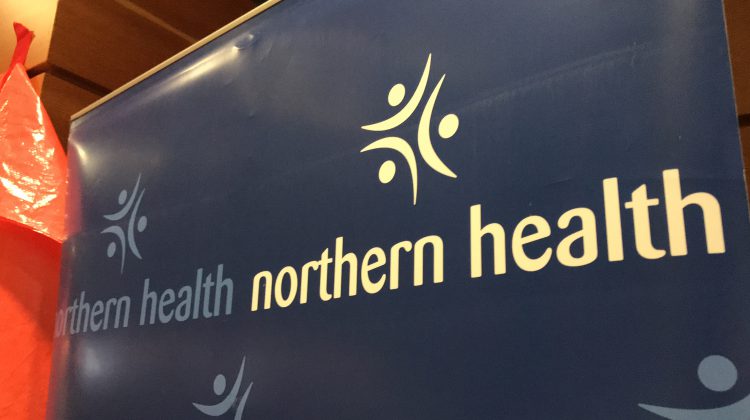Quesnel is taking a different approach in trying to address the increase in overdose deaths in the community.
Sheila Anderson, Northern Health’s Manager of Specialized Community Services in Quesnel, says because a lot of people aren’t accessing traditional health care assistance because of the stigma attached to drug use, they are basically now going to them.
“We’ve actually started doing a lot of in-reach into the community. Other people might recall that as outreach, going out of the office and going into the community, but we’re using the term in-reach because we’re really trying to get into the community and meet people where they’re at. So we are offering 7 days of the week of outreach based services where we are going to individuals in the community, offering them primary care services, and specialized mental health and substance use services.”
Anderson says they try to be very client centered.
“Everybody has a bit of an informal support network no matter where they are at in life, so we try to tap into the resources that they have, and make very client specific goals. If the goal is to reduce the harms of substance use, then that’s what we look at doing is reducing the harms. If they’re goal is abstinence and recovery, then we work with them to do that. Sometimes the goal is really stabilizing their housing or stabilizing their social situation, and then we’ll work from that level.”
Anderson says once you have that collaborative engagement it’s much easier to move forward with a treatment plan.
She says Quesnel has some new services as well, including Overdose Prevention Services that includes a registered nurse, a community like skills worker, and a social worker that go out into the community Monday to Friday.
That program started in September.
Anderson says the Opioid Agonist Therapy that provides medical and social intervention at the West Side clinic has expanded from two to four days a week.
“This time last year we had between 90 and 100 patients, and now we have 170, give or take. It has been a rapid advancement. We are doing new intakes weekly with folks in the community and getting people out to the program.”
That service is provided by a registered nurse, a mental health clinician, and a youth substance use clinician.
Another new program, as of October, is Assertive Community Treatment that provides intensive, seven day per week service to a limited number of patients in the community.
It is designed to engage individuals in care provision and to reduce barriers to care, and involves two registered nurses and two life skill workers.
Anderson says the Dakelh Wellness Team isn’t new, but they haven’t been able to staff it until recently.
“What is new is that those positions have traditionally been very hard to fill, so we’ve actually been able to recruit and retain a team now. Previously that team sat empty and we were having recruitment issues with it. But we have people who are just really engaged in the work and this new model of doing things on an in-reach basis, so we’ve been able to recruit and retain for that team and now they’re really expanding and growing their programming.”
That team consists of two registered nurses and a social worker that travels to Lhoosk’uz, Ndazkoh, and Lhtako to provide specialized mental health and substance use services.
Anderson says these changes have resulted in a lot more people having contact with the healthcare system that otherwise wouldn’t have.
“And of course there are the qualitative successes that come along with that right. We see in our patients the improvement, we see people meeting their goals.”
Anderson says all of this was made possible with the cooperation of their partners.
“I just really want to extend gratitude to the individuals with lived experience, the service recipients that partner with us to determine the goals of our work, the city, the RCMP, all of our community partners, and the non-profits involved. Northern Health has been able to implement these programs because we’ve had amazing stakeholder engagement, which includes all of those groups.”




